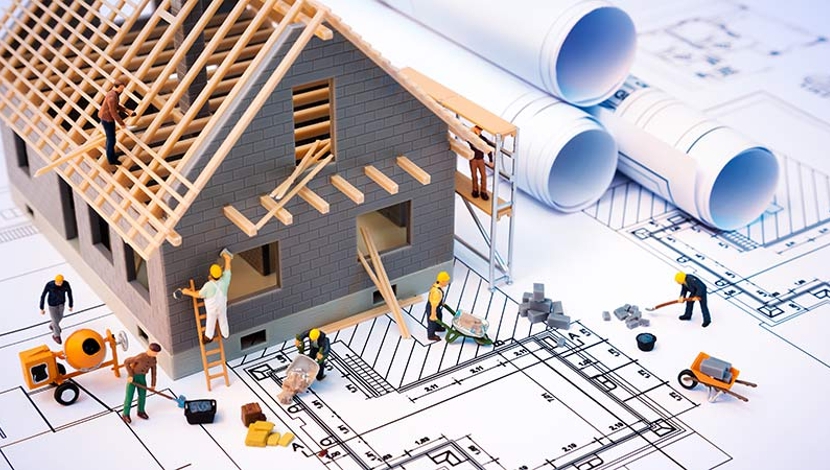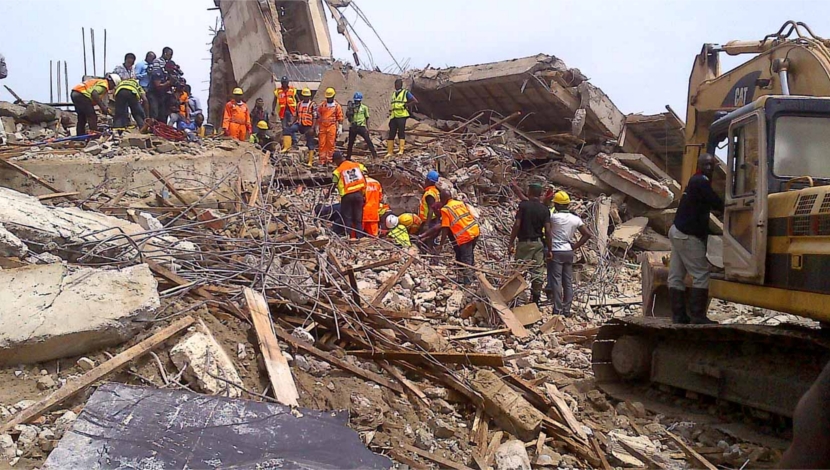

Prices of building materials in Nigeria continue to rise to levels that are unaffordable to a large number of people – particularly to middle and low income earners aspiring to build their own homes.
Nigeria has a housing deficit estimated at 17m. According to chief investment officer at Natanel Florens Oguche Aguda, home penetration in the country is just 10%. This means that 90% of the population is renting or living in rented accommodation. The housing stock in the country is estimated at 13m units, 5% of which is in formal mortgage. The remaining 95% is considered ‘dead assets.’
The price of cement is now peaking at 87% to $7.84 per 50 kg bag, as at June this year. This is a significant price jump for a product that was sold for $4.2 per bag in October 2016. Virtually all the materials have seen price increases, differing only in degree.
Until May 2017 when inflation rate came down to 16.25% annually, it had peaked at 18.72%. This impacted negatively on commodity prices. This figure represents the fourth consecutive decline in the rate of inflation since January this year. Though economists say inflation is currently moderating on a year-on-year basis, it is yet to reflect on commodity prices.





